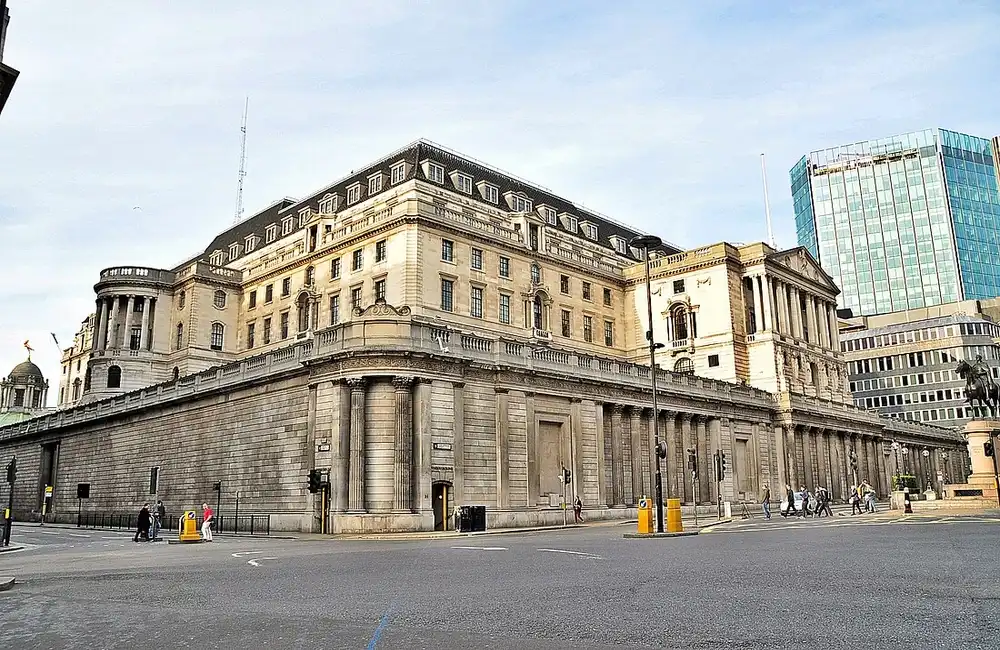Investors are closely monitoring the political shifts ahead of May 1st elections in the United Kingdom to understand potential impacts on regional economic strategies.
Businesses and financial markets face high stakes during the election cycle that includes 1,641 council seat contests across 24 local authorities and the first mayoral elections in Greater Lincolnshire and Hull and East Yorkshire.
This article examines primary political stakeholders along with their policy proposals to understand how upcoming elections will affect council tax rates and investor confidence.
The Parties and Their Economic Agendas
Labour Party: The Labour Party promotes a platform for transformation through their investment-focused strategy in local economies and public services. Their economic strategy hinges on targeted infrastructure investment and stimulus funding to boost employment opportunities in neglected areas. These policies' potential medium-term economic benefits are uncertain due to unresolved funding issues and increased taxation pressure on businesses.
Conservative Party: The Conservatives present themselves as defenders of taxpayers while pledging to deliver reduced taxes and improved services. Investors need to closely track how the Conservatives work with Reform UK because this partnership favours substantial changes to government operations. The appearance of numerical stability in these coalitions might indicate a potential for legislative standstill.
Reform UK: The establishment of Departments of Government Efficiency by Reform UK to transform local government structures has captured attention because of its bold promise to remove wasteful expenditures. Although these proposals appear attractive in written form, their practical implementation, alongside possible disturbances to council functions, may result in local economic uncertainties during the initial period.
Liberal Democrats and The Green Party: The Liberal Democrats prioritise regional development by investing in housing and public services and supporting policies that strengthen local economies. The Green Party directs its efforts towards renewable infrastructure and sustainable housing, promising new investment prospects for environmentally aware investors in regions adopting environmental reform policies.
Council Tax Rates and Investor Concerns
Council tax rates have emerged as a highly contentious issue during this election period. Financial strain intensifies for households and businesses because, according to projections, some areas may see annual rates surpass £3,000 by 2030. The Labour Party and Green Party recommend using gradual tax increases to finance government services. The Conservatives and Reform UK offer to control tax increases while planning to achieve budget balance through operational efficiency.
The proposed tax policies present direct consequences for investors. Rising local tax burdens have the potential to reduce consumer spending while also driving up operational expenses in particular industries. Limiting tax increases could help create a more business-friendly environment but may result in decreased funding for public services.
Implications for Key Sectors
Real Estate: Investors will focus their attention on property markets as one of their primary areas of interest. Real estate investment and construction opportunities will expand through policies that target infrastructure development and affordable housing availability. Increased council tax rates within wealthy regions can reduce property demand in those areas.
Infrastructure: Greater Lincolnshire and Hull will receive more infrastructure investment because of their devolved mayoral authority. Opportunities exist in public transport and renewable energy sectors due to Labour's focus while potential clean energy funding growth is tied to the Green Party's environmental priorities.
Public Services: The financial changes promised by Reform UK will have substantial effects on entities functioning within the education and healthcare sectors and their corresponding public services. Labour's approach, which emphasises significant spending, may create more contractor opportunities, but it could also increase taxation costs.
Investor Sentiment and Historical Market Trends
Financial markets have shown historical preferences for stable conditions which are brought about by predictable election results. Investment activity tends to slow down before elections because of uncertainty but strengthens after clear election results boost investor confidence. Regional policies significantly impact investor perceptions particularly in key economic regions such as Manchester, Greater London and Birmingham over extended timeframes.
The Current Sentiment
Investor outlook before the May 1st elections demonstrates guarded positivity with a small degree of concern. Financial experts recommend monitoring initial polling results closely in areas where economic activities are crucial. The victors in areas undergoing significant reform or places with newly elected mayors will initially cause market fluctuations yet create future business prospects.
Final Word
Investors should pay attention to the 2025 UK local elections because they hold considerable importance. Local policies on council tax rates and economic activity will be impacted by election results which will also influence major sectors. It is essential to maintain awareness of political changes and their effects on important regional businesses.
Investors should take advantage of this election period to evaluate their investment portfolios and create strategic responses for evolving market conditions. Investors who embrace change during this uncertain period may discover valuable opportunities within the dynamic market environment.
Investors who want to take advantage of trends following elections need to maintain a balance of flexibility within their targeted investment strategies.




















